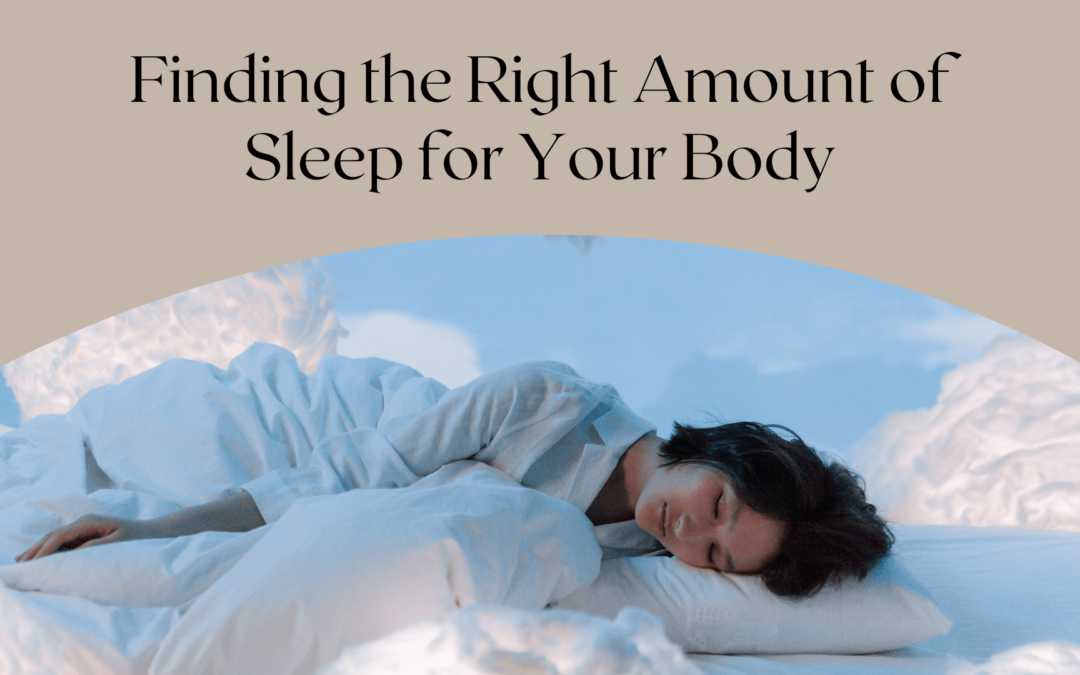Getting the right amount of sleep is essential to living a healthy lifestyle. According to certain scientific studies, not getting enough sleep can be linked to severe health problems, including Depression, Cardiovascular diseases, and Arteriosclerosis. The National Sleep Foundation estimates that a person needs, on average, between 7-9 hours of sleep per night. How can a person tell if they are getting enough sleep? In-depth research has revealed several clear indicators if a person is suffering from sleep deprivation.
The first indication is their overall state of well-being. A person lacking sleep is prone to restlessness, agitation, and restless leg syndrome. Several tell-tale signs also include feeling groggy throughout the day and experiencing microsleep. Microsleep means a person falls asleep for only a few seconds before reviving, often during daily activities. Microsleep can be a hazardous habit, mainly if it occurs when a person is driving. Another indicator is to take inventory of how a person feels right before they fall asleep or after they wake up. If they feel tired or experience weariness at these times, they also lack a quality good night’s sleep. An accurate inventory of these indicators is one way to determine if more (or less) rest is needed in one’s daily living.
Another method is to find out if someone has completed all the 5-6 stages of sleep associated with a given sleep cycle. These main stages include, in their respective order: drowsiness, light sleep, moderate/deep sleep, deepest sleep, and finally dreaming with REM (Rapid Eye Movement). The National Sleep Foundation estimates that each stage takes about 90 minutes. Studies by Pubmed Central, a respected database for the National Institute of Health, also indicate that different personality types and age groups need different amounts of sleep to function well. This research showed that extroverted, talkative people tend to thrive on less sleep than those who are introverted and have a more challenging time adapting to group activities. It also found that younger people, on average, needed more sleep than older adults.
Regardless of the potential health consequences of having or not having the proper amount of sleep, it can also have numerous additional effects on a person’s standard of living. Having the correct tools to determine the overall quality of a person’s daily sleep pattern is essential to success in any other of one’s significant endeavors.
